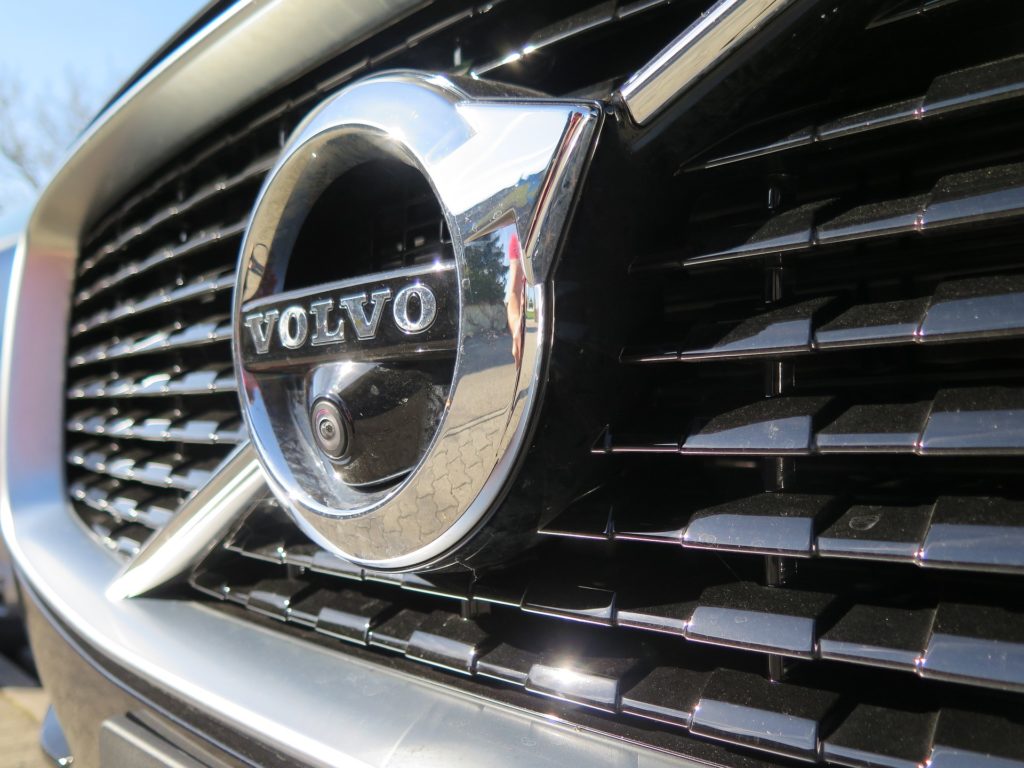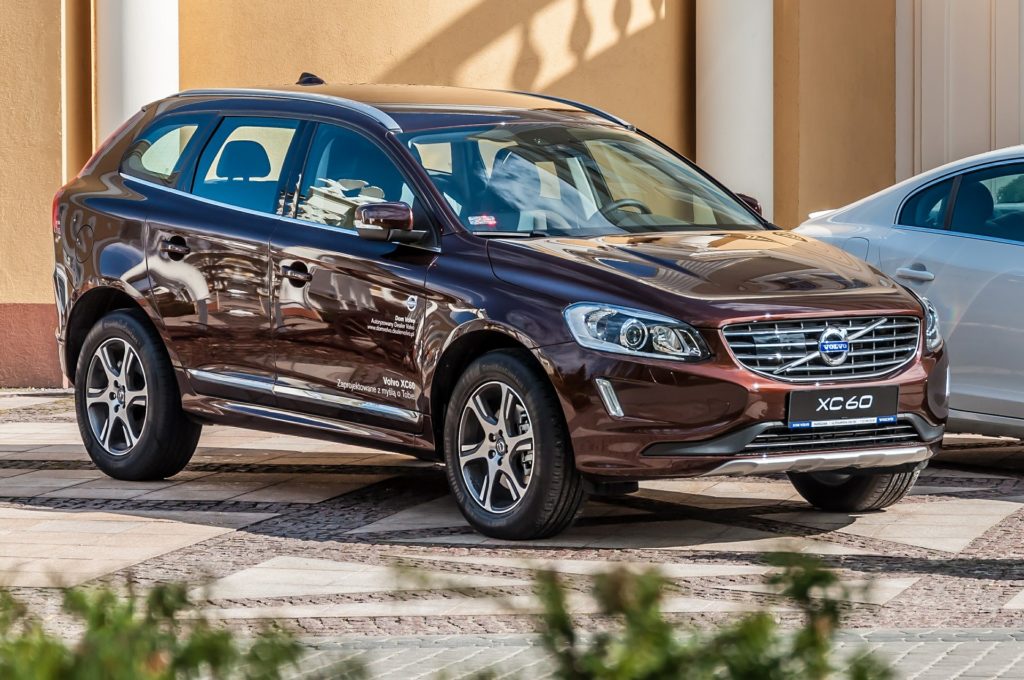Reconditioning can threaten the structural integrity of your Volvo’s wheels.
Volvo is very clear that the company does not approve of any wheel repair that involves reconditioning.
If you are not familiar with wheel reconditioning, it is a process of using various tools and methods to try to repair a damaged wheel, instead of replacing it entirely. Some methods include welding, reforming, or reshaping the wheel.
When it comes to steel and aluminum wheel repair, Volvo has issued a Position Statement explaining why they do not accept wheel reconditioning in any vehicle repairs. Here’s what they say:
“Volvo Car USA does not approve the use of reconditioned Volvo wheels or any type of process that attempts to restore damaged wheels on Volvo vehicles. Doing so may result in loss of vehicle control and injury or death to passengers. Reconditioning damaged Volvo wheels requires processes which can cause deficiencies in wheel strength (e.g., removal of materials, straightening, heating, welding, re-plating). Reconditioned wheels are unacceptable as they may not meet the design specifications for Volvo vehicles.”
Volvo is saying, in no uncertain terms, that it’s simply not worth the risk to your life to cut corners with the state of your wheels.
If the wheels are damaged enough to warrant reconditioning, then they should just be replaced outright.
Heating, welding, reshaping, and any other methods of reconditioning could compromise the structural integrity of your wheels. Being the only parts of the car to actually make contact with the road, your wheels are essential to your safety and are worth investing in.

What wheel repairs are approved by Volvo?
While wheel reconditioning is not approved of by Volvo, certain wheel repairs are permitted:
“Volvo Car USA only approves of wheel repairs limited to cosmetic refinishing that remove and restore paint coatings only.”
Basically, only superficial cosmetic adjustments are allowed, since they won’t jeopardize the integrity of the wheel structure.
Minor sanding and polishing repairs do not involve the use of heat or reshaping that reconditioning would entail.
Replace your wheel components with Genuine Volvo parts to maximize the effectiveness of your repair.
If your vehicle’s wheels require replacement, Volvo recommends that you use Genuine Volvo original equipment parts:
“Using only genuine Volvo parts will help ensure vehicle safety, performance and residual value. Volvo genuine parts are designed and manufactured to exacting specifications to help maximize safety, performance and reliability.”
The use of aftermarket, used, or salvaged parts can put you at almost the same risk of problems as reconditioning the wheels would.
Used and salvaged parts come with a questionable history, as it’s possible they’ve been compromised in a collision or through natural wear and tear. A
ftermarket parts present another problem in that they are often not comprised of the highest quality materials and they are also not designed to fit the parameters of your specific make, model, and year of Volvo. Therefore, it’s best to stick to OEM replacement parts.

Not all shops follow these recommendations, but we do.
It’s disappointing, but some shops throw caution out the window and continue to practice wheel reconditioning, despite Volvo’s clear instructions to avoid it at all costs. They can get away with this because no body shop is actually forced to adhere to a manufacturer’s Position Statement.
At our shop, we strongly believe that there’s no reason to take a chance with your Volvo’s repair by going against the advice of the manufacturer.
Reconditioned wheels can lead to very dangerous problems down the road. We will always replace your Volvo’s wheels entirely if they’ve sustained damage. You won’t have to worry about driving on unstable wheels when you bring your vehicle to us.
We always follow the manufacturer’s recommendation to deliver the best possible repair to our customers.

